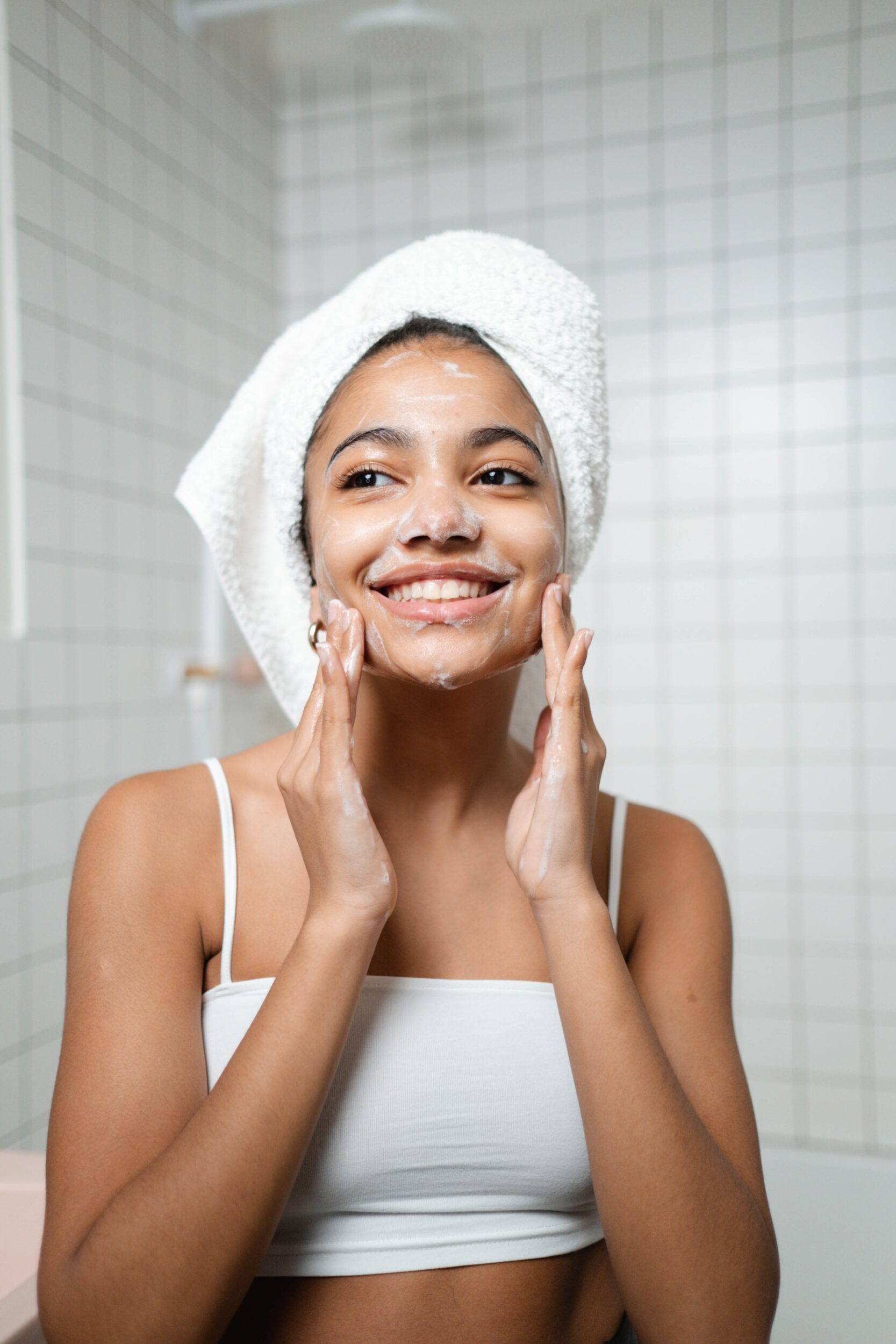When you’re struggling to get rid of acne, you’re ready to try all the tricks (and not the least idiosyncratic) like covering your pimples with toothpaste, cleansing your skin with an anti-dandruff shampoo, or even rinsing your face with salt water. . If these tricks are very popular on TikTok, they are not necessarily recommended by dermatologists, because they can sensitize the epidermis and alter the skin barrier, which in turn tends to excite the sebaceous glands even more. Some home remedies are less risky, but that doesn’t make them miracle fixes. Washing your face with cold water (and your whole body too) is the latest trend among content creators aired on the Chinese social network to say goodbye to comedones, pustules and other cysts. But is it really effective?
Can cold water help clear up acne?
Using cold water to wash your face is not without interest, indeed! Sprinkling her pretty face with cool water temporarily tones the skin, reduces puffiness and gives it a glow. But how can water temperature affect acne? Well, calming inflammation and redness thanks to the effects of cold on skin microcirculation.
For dermatologist Geeta Yadav, there is some logic behind this idea. She explains to the magazine Byrdie :
Oil doesn’t drain easily in cold weather, and cold water reduces the inflammatory effects of acne, which cause a lot of discomfort.
But from there to erect this beauty tip as the ultimate answer to skin concerns, it’s a bit of a stretch. Indeed, inflammation isn’t the only factor in acne. Excess oil, clogged pores, and bacteria are also key factors that cold water has no power over. It’s a complex disease that requires more than lowering the water temperature to cure it!
In the long run, this technique could even prove counterproductive and lead to the appearance of new imperfections, cold water is not as effective as warm water at dissolving impurities and excess sebum that clogs pores.

What should be the temperature of the water for washing the face?
For cleansing to be effective without being aggressive on the skin, the water should be lukewarm, i.e. not too cold, but not too hot either. Hot water, in fact, dissolves the oils naturally present on the skin which serve to maintain a good level of hydration, it is therefore necessary to avoid excessively high temperatures otherwise the skin barrier will be compromised. And once you rinse off the cleanser, there’s nothing stopping you from giving your face a nice splash of cold water!
Source: Madmoizelle
Mary Crossley is an author at “The Fashion Vibes”. She is a seasoned journalist who is dedicated to delivering the latest news to her readers. With a keen sense of what’s important, Mary covers a wide range of topics, from politics to lifestyle and everything in between.




